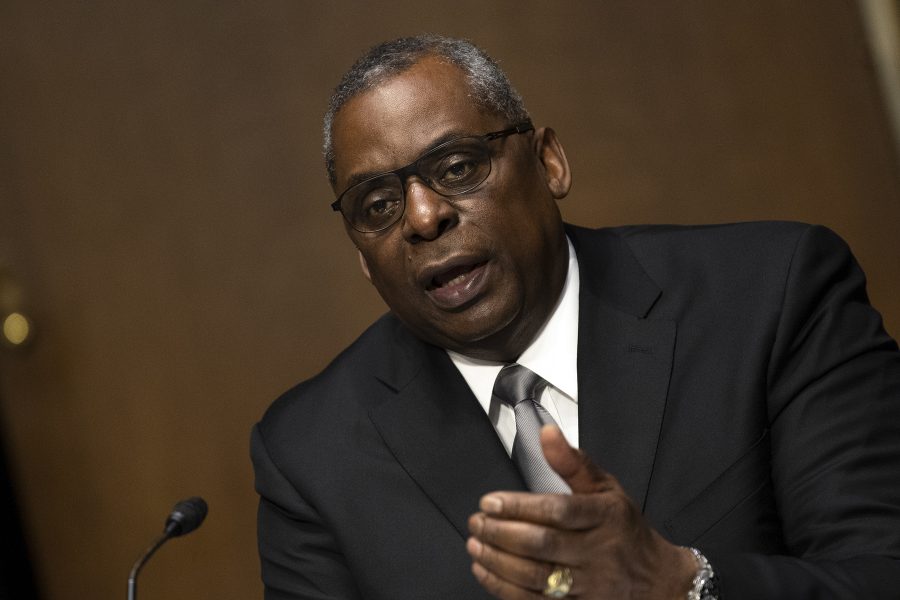Congress on Jan. 21 approved a waiver clearing the way for Lloyd Austin to be the next Defense Secretary, with a confirmation vote expected as early as the morning of Jan. 22.
Austin, who retired from the Army in 2016 as the four-star commander of U.S. Central Command, needed Congressional approval for a waiver to the law requiring former uniformed military members to wait seven years before leading the Pentagon.
The Senate approved the waiver by a vote of 69-27, immediately after the House approved it by a vote of 326-78, with 28 members not voting.
The approval is the second time in four years that Congress has waived the requirement; retired Marine Corps Gen. James N. Mattis received a waiver to become Defense Secretary in 2017.
Multiple lawmakers changed their minds, deciding to approve the waiver after Austin met with House leaders behind closed doors shortly before the vote. During his Senate Armed Services Committee confirmation hearing on Jan. 19, Austin sought to assure lawmakers that he is committed to ensuring civilians control the military.
“I would not be here asking for your support if I felt that I was unable or unwilling to question people with whom I once served, in operations I once led, or [if I was] too afraid to speak my mind to you or the President,” Austin told Senators. “I was a general and a Soldier, and I’m proud of that. But today I appear before you as a citizen, the son of a postal worker and a homemaker from Thomasville, Ga., and I’m proud of that too.”
Former Pentagon official Rep. Elissa Slotkin (D-Mich.) initially expressed concerns about the waiver, but ultimately approved it, saying Austin “intends to rebalance civilian control of the military, and is willing to be held accountable for these commitments.”
House Armed Services Committee Ranking Member Rep. Mike Rogers (R-Ala.) said in a statement he approved the waiver because he approved one for Mattis, and approving it would be “fair,” though he admitted he had reservations.
Sen. Jack Reed (D-R.I.), who will lead the Senate Armed Services Committee when the panel’s rosters are set, said in a statement that Austin’s confirmation is needed quickly because there is an “urgent and widely recognized need to move forward with getting a new national security team in place.”
